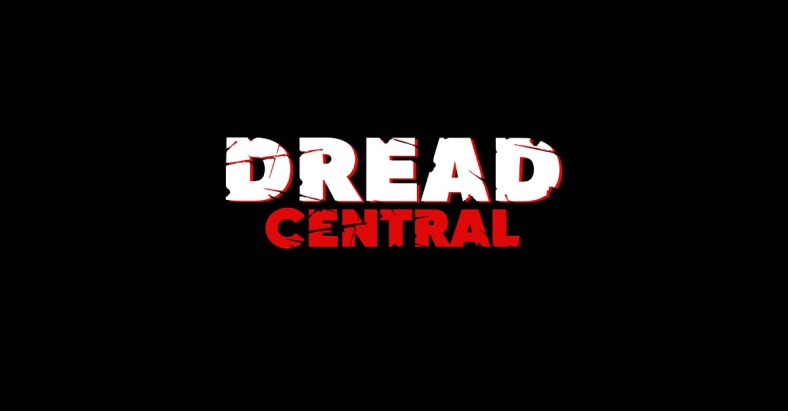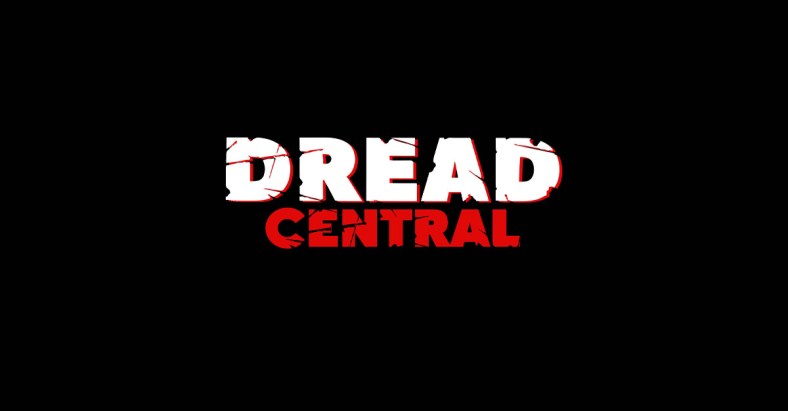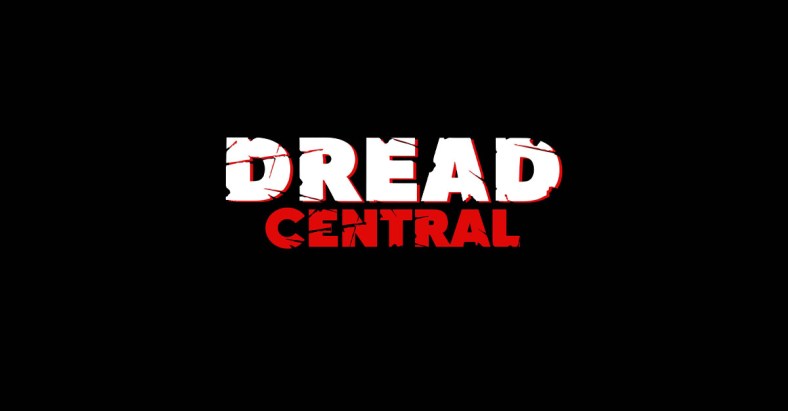Deconstructing the Sounds of Horror: An Exclusive Interview with Matthew Janszen

In the horror genre, when a project’s score is just as frightening as the image it accompanies, the composer has successfully done his/her job. Case in point, the scores for John Carpenter’s Halloween, Bernard Herrmann’s Psycho and even more recently Marco Beltrami’s Scream & Kyle Dixon/Michael Stein’s Stranger Things. We wanted to hone in on what makes these scores so effective, so we spoke with a professional on the subject: composer Matthew Janszen. Janszen worked on John Carpenter’s The Ward and scored titles such as Lionsgate’s The Sandman and Finders Keepers, Syfy’s Cucuy: The Boogeyman [Featured Image] and, more recently, Netflix’s horror/thriller Fatal Affair, which premiered last week.

Below Matthew discusses his work in the field as well as what he thinks makes a good horror score.
Dread Central: You’ve scored a lot of horror films including Lionsgate’s The Sandman and Finders Keepers, Syfy’s Cucuy: The Boogeyman, and more recently Netflix’s Fatal Affair. When constructing a horror score, what do you think are some of the most crucial elements to include?
Matthew Janszen: The core of music is about tension and release. Whether it is a romantic score or a horror score, there has to be some form of anticipation or conflict that will ultimately be resolved. When it comes to the horror genre the music just tends to amplify, and often extend, the tension side of things before giving the movie-goer any sense of relief. So the most crucial elements of a horror score are those sounds, or musical devices that help stress that tension, as well as provide an atmosphere for the characters. These elements can be presented in many forms, such as an uncomfortable anticipatory cue, a huge sting, or dissonant action music when the protagonists are in peril. I’ve always felt that the sky is the limit as to the kinds of elements you can use in the horror genre. You can write extremely dissonant music while using unusual instruments and get away with it because of what’s going on in the story.
DC: Your most recent project is Netflix’s Fatal Affair. What is different about this film, musically, then other projects you’ve worked on?
MJ: A lot of the horror films I have worked on tend to get to the danger part pretty quickly. There are a handful of scenes that present the characters with dangerous situations, sometimes with gruesome endings. These scenes are then followed by a moment of relief to progress the story further, and then it’s on the next conflict. Fatal Affair was different in the sense that it’s one long build. The antagonist isn’t dangerous at first. As the movie progresses, he creates uncomfortable situations that ultimately develop into dangerous situations. So the score had to restrain itself as the story progressed.

DC: When you started working on Fatal Affair, what was one of the first things you did?
MJ: The first thing I do on any project is speak with the director, in this case Peter Sullivan, to get some initial thoughts and ideas about the score. After that I focus on sounds. I start picking and choosing what the palette of the show is going to be. This usually morphs as the movie progresses, but I’m a composer who likes parameters. I always like to take time to search and/or create sounds that I’m going to use in the project, and then limit myself as much as possible to the palette I’ve created. I find that limitation causes me to be more creative with what I have, instead of just going out and searching for yet another sound.
DC: Are there certain horror films or TV shows that have helped shape the way you approach these darker projects? Maybe ones that made an impact on you when you were younger?
MJ: I think a lot of what shapes me as a composer today is what I’ve experienced musically when I was younger. All of the shows I was watching and listening too ultimately have informed my musical taste. In the classic movie realm, I have to mention Bernard Herrmann. He was such a genius, and to this day when I listen to his scores, such as Psycho, I’m in awe of what he accomplished. As for movies in my lifetime, the first that comes to mind is Scream. That movie was so popular, particularly to me being a late teenager at the time, and it was the first time I was actively aware of how fun the horror genre could be. I also became a huge fan of the composer Marco Beltrami, who is an expert in this genre.

DC: From when you first started scoring horror projects to now, how do you think your sounds have progressed and changed?
MJ: In the earlier days of my career I tended to use everything but the kitchen sink and jam-pack a scene with ideas. However, with more experience, I’ve learned to be economical. I found that when I was using too many ideas, it homogenized the sound and ultimately pulled tension away from the film. There is a point where you can be so dissonant that it just sounds like noise and you’ve lost all suspense. So nowadays I focus more on fewer, more distinct, and quality sounds that get the point across.
DC: What instrument have you found makes the most terrifying sounds?
MJ: Oh my, there are so many. But I’d have to say the human voice has the ability to be quite terrifying as an instrument. There is something about the voice or a collection of voices that can always bring music over the top. This is true of other genres as well. Just hearing someone scream can prompt an intense emotional response from anyone.
DC: You’ve composed music for a wide range of horror subgenres. What does the supernatural subgenre, like The Sandman, allow for you to experiment with that you wouldn’t be able to with a film like Fatal Affair?
MJ: The supernatural subgenre definitely allows you to be crazier with the palette. When you are dealing with a story that’s not rooted in realism, it’s part of the composer’s job to create a world that helps connect the audience with supernatural ideas. So I spend quite a bit of time finding and creating sounds that will help with that. The Sandman was new territory for me at the time because it uses very few acoustic instruments or orchestra. Most of the sounds are synthetic or processed to draw the viewer into that crazy world.
DC: If someone were to watch all the projects you have worked on, would they be able to find a common thread between them all?
MJ: A majority of my projects use orchestral sounds to some degree. I’ve always been student of orchestration, and I find that the orchestra is still one of the most effective mediums to express musical ideas.
DC: You worked on The Ward back in 2010, which John Carpenter directed. Do you have favorite memory from that project?
MJ: This was the first time I was exposed to the horror genre in a professional environment. Mark Kilian created a phenomenal score for that movie, and as his assistant, I was able to see all of the layers in the creation of a horror score. One memory I have from that project is when Mark asked me to explore a synth instrument and choose some sounds based on specific parameters he was looking for. It was just a great exercise in palette creation which I discussed earlier. It was the first time I understood the importance of compiling and creating sounds to help create the musical setting of the film.
DC: John Carpenter has created some of the most memorable themes in cinematic history, a lot of them horror. Did you learn anything in particular from him while working on The Ward? If not, then from any of the films he has worked on?
MJ: John Carpenter was so pioneering in creating memorable themes using unique synths and instrumental choices. And when many of his movies were made, such as Halloween or The Thing, the technology was very limited compared to today. So it’s a great lesson in taking what’s available to you in the present moment and just be creative!

You can learn more about Matthew Janszen at: https://www.matthewjanszen.com/.
Did you enjoy our exclusive interview with Matthew Janszen? Let us know in the comments below or on Facebook, Twitter, or Instagram! You can also carry on the convo with me personally on Twitter @josh_millican.
Categorized:News

